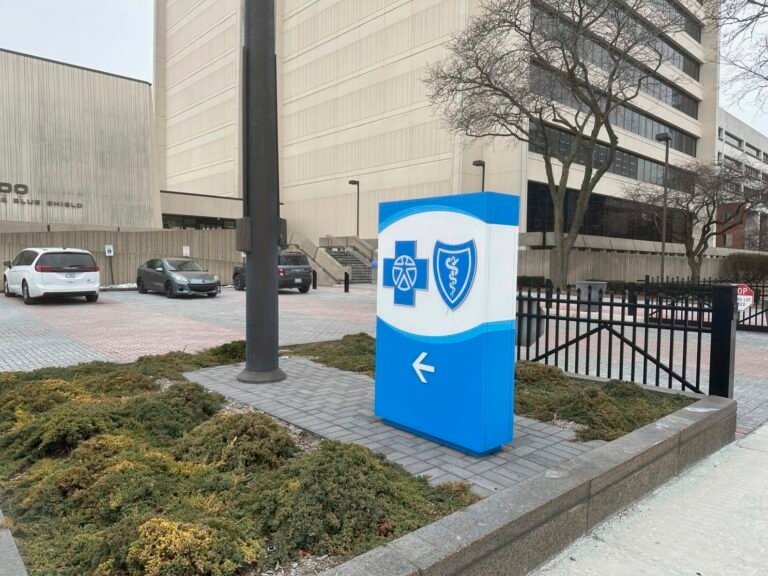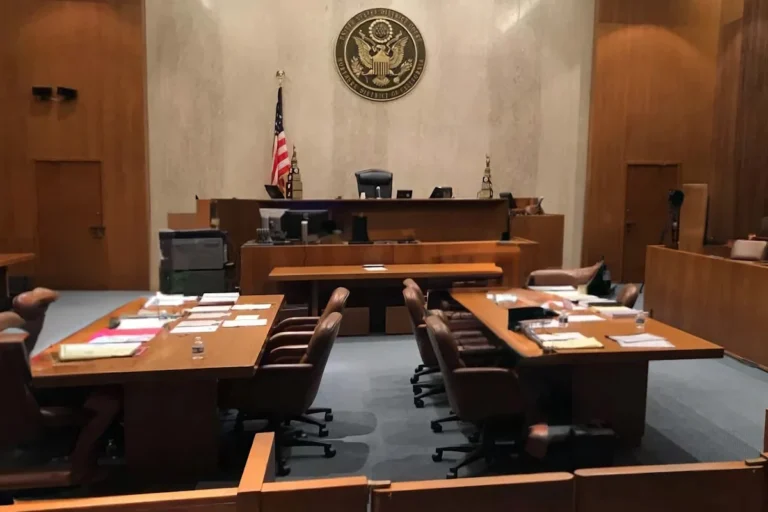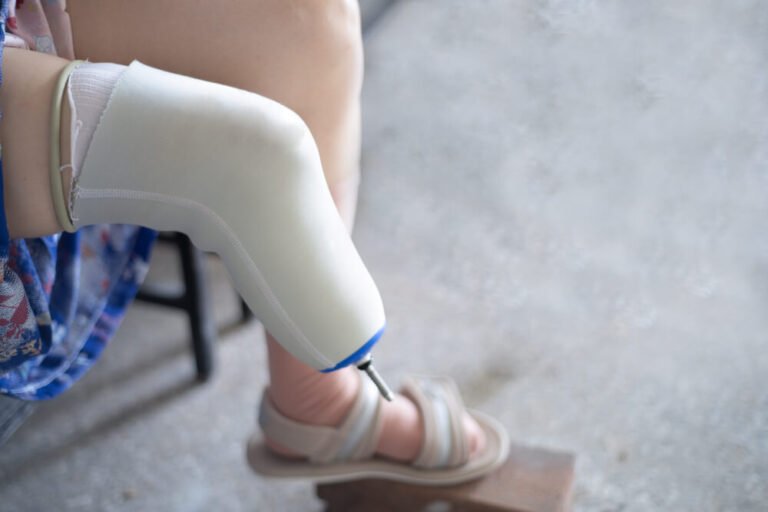Compensation Fraud
Michigan Insurer in Talks to Settle Lawsuits Over Fired Workers and COVID-19 Vaccine Mandate
February 18, 2025 | JacobiJournal.com -- Lawsuits Over Fired Workers: Blue Cross Blue Shield of Michigan is negotiating a potential ...
‘Old-School’ Job Search Secures Lost Wages for Injured Worker
February 8, 2025 | JacobiJournal.com -- An injured 60-year-old service technician secured lost wages after a Virginia Workers’ Compensation Commission ...
California Food Distributor Pays $949,000 to Resolve Small-Business Contract Dispute
February 5, 2025 | JacobiJournal.com -- Contract fraud case: GS Foods Group Inc., based in Ontario, California, has agreed to ...
Washington Man on Workers’ Comp for 3 Years Caught Lifting Heavy Table
January 29, 2025 | JacobiJournal.com -- Washington Man Caught Lifting: A Pierce County man must repay more than $60,000 to ...
Sky Zone in Washington Fined for Violating Teen Labor Laws
January 28, 2025 | JacobiJournal.com -- Violating Teen Labor Laws: A trampoline park in Tukwila, Washington, faces over $68,000 in ...
Massachusetts High Court Affirms $20 Million Verdict in Leg Amputation Case
January 20, 2025 | JacobiJournal.com -- The leg amputation case at the center of a Massachusetts Supreme Judicial Court ruling ...
Public Self-Insured Losses Increase Despite Declining Claim Volume in California
January 18, 2025 | JacobiJournal.com -- Public Self-Insured Losses: A new report reveals that, despite a decrease in the number ...
Denied Workers Compensation Claim for School Employee Kicked Repeatedly Over 11 Days
January 18, 2025 | JacobiJournal.com -- Compensation claim denied: A Virginia school employee’s workers’ compensation claim was rejected after sustaining ...
Texas Drywall Company Owner Indicted for Workers’ Compensation Fraud
January 15, 2025 | JacobiJournal.com -- Compensation fraud charges have been filed against Cristino Tapia Castaneda, the owner of Texana ...
Construction Firm Owner Sentenced for Fraud Involving Taxes, Mail, and Workers’ Compensation
January 15, 2025 | JacobiJournal.com -- The construction firm owner fraud case in Massachusetts resulted in an 18-month prison sentence ...
Federal Court Dismisses Wrongful Termination and FEHA Violation Claim Against Costco
January 13, 2025 | JacobiJournal.com -- A California federal court recently granted Costco Wholesale Corp. summary judgment, dismissing a claim ...
CFPB Files Lawsuit Against Walmart and Branch Messenger Over Alleged Unlawful Pay Practices for Gig Workers
January 6, 2025 | JacobiJournal.com -- Walmart gig worker pay lawsuit: CFPB Files Lawsuit Against Walmart and Branch Messenger Over ...
U.S. Chamber and Oil Firms Sue Vermont Over Climate Damage Law
January 6, 2025 | JacobiJournal.com -- The climate damage lawsuit involves the U.S. Chamber of Commerce and the American Petroleum ...
Colorado Governor Proposes Privatization of State Workers’ Comp Carrier to Bolster Budget
January 5, 2025 | JacobiJournal.com -- Compensation privatization is at the heart of a strategic move to address Colorado’s budget ...
Sanford Health to Settle Allegations of Violating Pregnancy Leave Laws with $220K Payment
January 3, 2025 | JacobiJournal.com -- Violating Pregnancy Leave Laws: Sanford Health, a leading medical clinic network, will pay $220,000 ...
Key Insights from the 2024 Bank Tax Institute: Tax Policy, Strategies, and the Election’s Impact
January 2, 2025 | JacobiJournal.com -- The 2024 Bank Tax Institute took place in Orlando during election week. Tax professionals, ...















